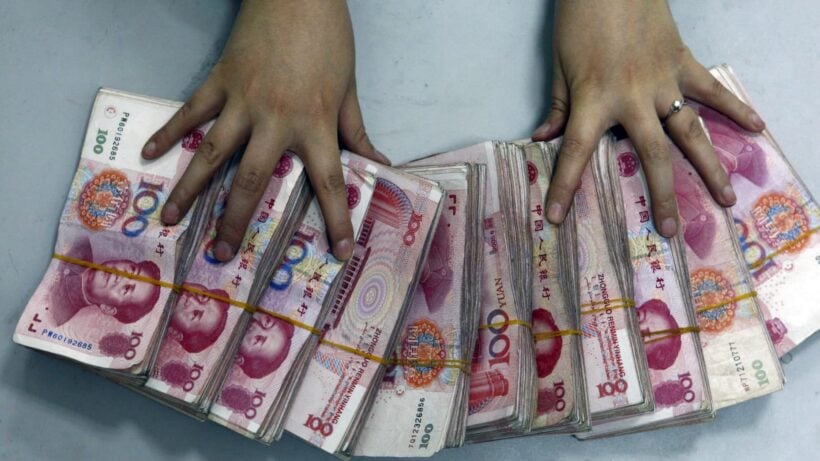
China’s government announced it will offer a one-time cash allowance to those in extreme poverty, a day after its central bank rolled out a slate of stimulus measures aimed at shoring up the economy.
The handout will be provided to “extremely poor people, orphans and other needy people on the occasion of the 75th anniversary of the founding of New China,” China’s Ministry of Civil Affairs reported on Wednesday. That’s according to a Google translation. The subsidies will be doled out before China’s National Day on Oct. 1 to “promptly convey the Party and government’s care and concern for the needy.” The report did not specify the size of the allowance or any further details.
“Xi Jinping and the CPC are laser focused on giving a hand to low- and middle-income Chinese through his common prosperity drive … Xi is focused on building equity in poorer regions,” founder of China Market Research Group Shaun Rein told CNBC when asked about the living subsidies.
The concept of common prosperity, initially introduced by Mao Zedong in the 1950s, was reintroduced by the Chinese government in 2021 to promote moderate wealth for everyone.
As of last November, 40.4 million people in China were covered by subsistence allowances. The average allowance was about 779 yuan ($110.80) per person a month for those staying in urban areas, while rural subsistence was 615 yuan per person.
On Tuesday, China’s vice minister of human resources and social security claimed the country has established the world’s largest social security network. He said the number of people enrolled in basic old-age insurance, unemployment insurance and work-related injury insurance has reached 1.07 billion, 245 million, and 301 million, respectively.
While Chinese President Xi Jinping is a proponent of common prosperity, deploying one-time handouts within such a short time frame is still uncommon.
Even during the Covid pandemic, China did not give out cash subsidies to households and enterprises unlike other governments such as the U.S. and Europe, key member of the Chinese central bank Huang Yiping noted in an August article.
China’s economy has been pummeled by a raft of weak economic data, as more Chinese opt to save rather than spend leading to lackluster consumption and retail sales figures.

